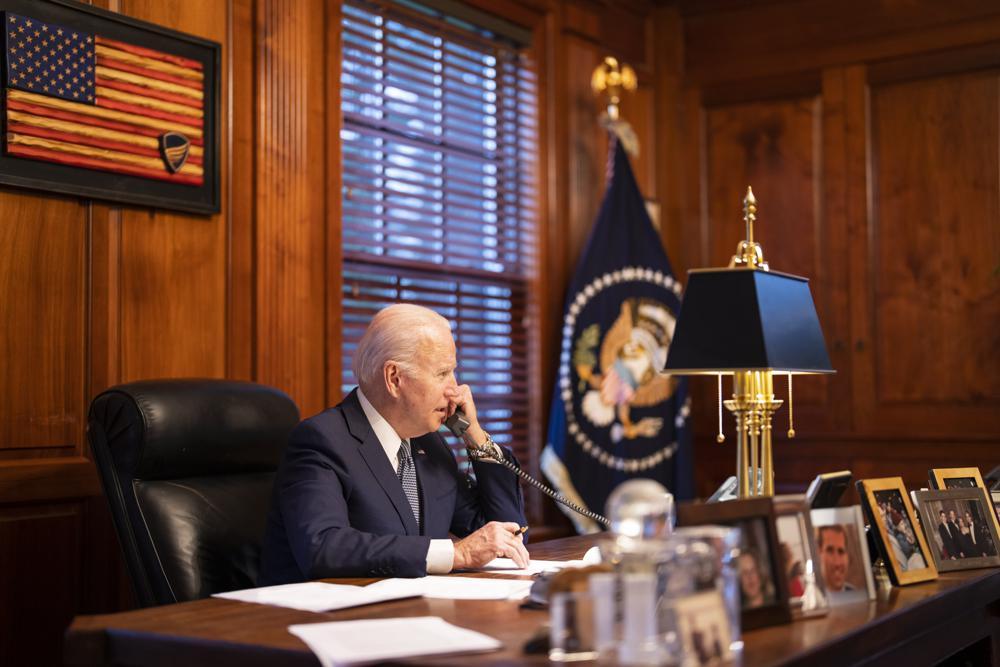U.S. Deputy Secretary of State Wendy Sherman and Russian Deputy Foreign Minister Sergei Ryabkov will lead security talks between the two nations in Geneva on Jan. 10 as international pressure mounts on Russia to deescalate tensions along the Ukraine border.
On Dec. 30, U.S. President Joe Biden and Russian President Vladimir Putin held a telephone conversation following Moscow’s request to constructively resolve issues based on mutual national interests. Russia has amassed 60,000 to 90,000 troops along the Ukraine border, alarming European powers and the NATO alliance. Putin is seeking legally binding security guarantees from NATO regarding weapons deployment and other expansions along its eastern border.





